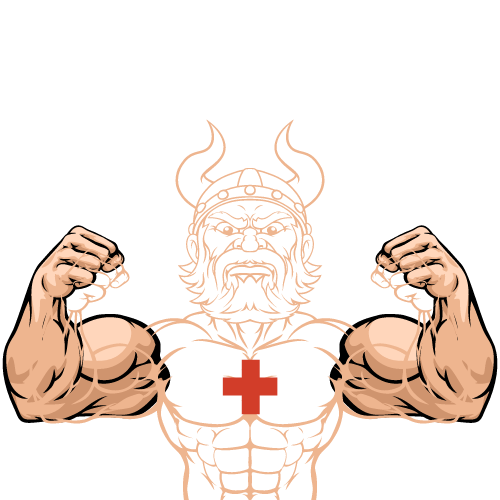First of all,
Diet is a major factor in reaching fitness objectives, particularly in the bodybuilding community. But among all the different nutritional strategies, one topic comes up frequently: Are diets for bodybuilding healthy? We’ll delve into this subject in this post, looking at the dietary approaches frequently linked to bodybuilding and determining whether or not they support general health and success in fitness.
Understanding Bodybuilding Diets: To promote muscle growth, strength gains, and fat reduction, bodybuilding diets place a strong emphasis on particular macronutrient ratios, meal timing, and supplements. High protein, moderate to high carbohydrate, and controlled fat intake are usually the main goals of these diets, which are frequently combined with frequent meals spaced out throughout the day.
The Advantages of Bodybuilding Diets: Dieters who follow bodybuilding regimens contend that their foods supply the nutrition required to power strenuous exercise, promote muscle growth and repair, and enhance metabolic processes. People can improve performance, speed up recovery, and reach their physical goals by carefully timing their nutrition intake around their workouts and concentrating on nutrient-dense foods.
Important Dietary Techniques:
1. Consume a lot of protein: Protein is necessary for both muscular growth and repair. In order to support muscle protein synthesis, bodybuilding diets generally recommend ingesting 1.2 to 2.2 grams of protein per kilogram of body weight per day.
- Regulated Carbohydrate Consumption: The main energy source for prolonged, hard exercise is carbohydrates. Although the amount of carbs in a bodybuilding diet might vary depending on personal preferences and goals, they are typically included to fuel workouts and replenish glycogen stores.
- good Fat consumption: Although bodybuilding diets often call for a moderate consumption of fat, there is a focus on ingesting good fats from foods like avocados, nuts, seeds, and fatty fish to promote joint health, hormone production, and general well-being.
- Meal Timing and Frequency: In order to maintain a constant supply of nutrients for muscle growth and repair, bodybuilding diets usually recommend eating many meals spaced out throughout the day. Nutrition is commonly focused before and after workouts in order to maximize performance and recuperation.
The Possible Consequences: Diets geared at bodybuilding may have certain disadvantages even if they can supply the nutrients required to promote muscle growth and performance. Tight adherence to meal schedules and macronutrient ratios can result in inflexible eating habits, elevated anxiety related to food, and, if not sufficiently balanced, possible nutrient deficits.
Goals for Health and Fitness Should Be Balanced: Success in fitness goes beyond appearance and performance indicators. Prioritizing general health and wellbeing is crucial when adhering to a bodybuilding diet. This include eating a range of meals high in nutrients, drinking plenty of water, getting enough sleep, controlling your stress levels, and paying attention to your body’s signals of hunger and fullness.
Speaking with a Registered Dietitian or Nutritionist: Personalized recommendations catered to specific needs, preferences, and health considerations can be obtained from a registered dietitian or nutritionist for anyone thinking about starting a bodybuilding diet or wanting advice on how to optimize their nutrition for fitness goals.
In summary, bodybuilding diets can be an effective strategy for developing a fit physique, promoting muscle growth, and maximizing performance. But it’s important to approach these diets cautiously, striking a balance between overall health and well-being and the pursuit of physical goals. People can reap the benefits of bodybuilding diets while fostering long-term health and vitality on their fitness path by embracing a flexible and sustainable approach to eating.

